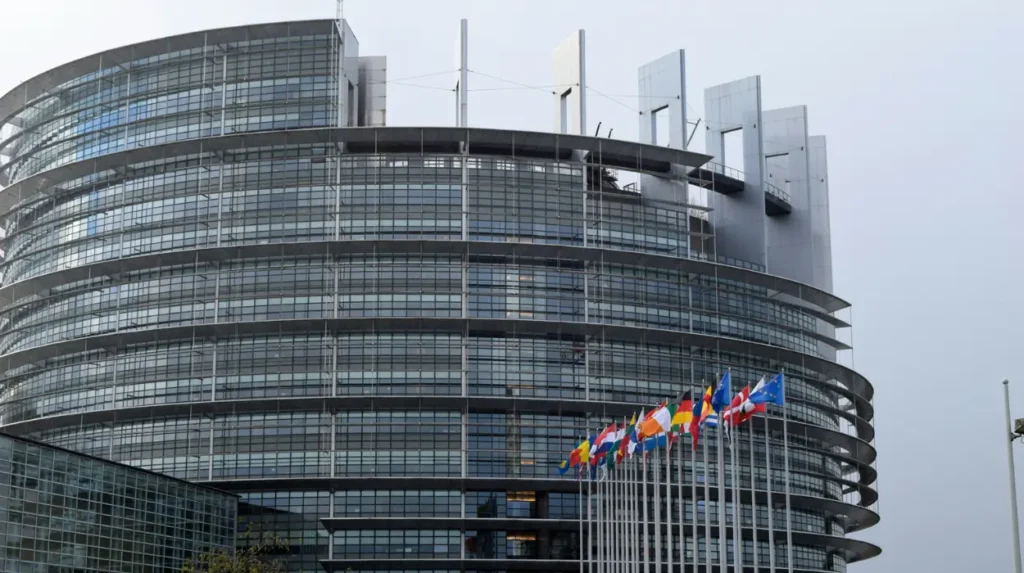Lobbying, defined as interest representation activities aimed at influencing policy, legislation, or decisions, is an essential but often opaque aspect of democratic governance. According to an EU Parliamentary report, about 81% of Europeans are concerned about the influence of third-country money in shaping EU laws. This widespread concern reflects a broader global trend emphasizing transparency as a cornerstone of democratic integrity.
Currently, only 16 EU member states have comprehensive laws regulating interest representation activities, resulting in inconsistent regulations across borders. This uneven framework creates market obstacles and allows lobbying efforts to shift to jurisdictions with weaker oversight, undermining fair policymaking. Addressing these challenges, the EU Internal Market and Consumer Protection Committee adopted a directive reinforcing transparency, focusing on interest representation originating from non-EU countries.
Scope of the New EU Directive on Lobbying Transparency
The directive covers paid or otherwise remunerated interest representation aimed at influencing EU policies. This includes activities such as organizing or participating in meetings, conferences, communication campaigns (including social media influencers), drafting policy papers, proposing amendments, and conducting surveys. Importantly, it excludes activities such as official government or diplomatic functions, media services, legal advice, and academic research.
The directive safeguards civil society organizations (CSOs) by clarifying that core funding or financial support unrelated to lobbying should not be considered remuneration, preventing undue restrictions on legitimate civic engagement. Unlike some countries’ “foreign agent” laws, the EU explicitly prohibits stigmatizing CSOs or restricting civic space through this regulation.
National Registers and Centralized oversight
One of the directive’s key innovations is the establishment of mandatory national registers for interest representatives, maintained by independent national authorities. These registers will be interconnected through a centralized EU portal, designed to ensure factual and reliable information. This infrastructure aims not only to enhance transparency but also to foster democratic accountability by providing the public access to comprehensive data on lobbying activities.
The registration requirement aligns with the principle that transparency itself should not create a climate of mistrust but rather empower citizens to know which voices and funds shape EU lawmaking.
Enforcing and Encouraging Transparency
The EU continues to develop enforcement tools, focusing on incentives rather than punitive measures. For example, non-registered lobbyists may lose access to meetings with MEPs and senior officials, which serves as a practical deterrent against non-compliance. However, unlike some jurisdictions, there are no criminal penalties or fines for failure to register, emphasizing voluntary compliance backed by access limitations.
Along with expanded transparency requirements for scheduled lobbying meetings, institutions are encouraged to publish information on unscheduled or spontaneous meetings to further enhance public scrutiny.
Benefits and Potential Challenges
These transparency rules establish a level playing field by harmonizing disparate national lobbying regulations and reducing the risk of regulatory arbitrage. They are expected to increase citizens’ confidence in policymaking, providing reassurance that foreign influence is openly disclosed.
Nevertheless, questions remain about the potential administrative burden on smaller organizations and the risk of over-transparency, which could discourage informal civic consultations essential to policymaking. The directive’s safeguards aim to mitigate these concerns by excluding certain non-lobbying activities from coverage and protecting bona fide civic actors.
Looking Ahead: Implementation and Impact
The directive’s draft report passed overwhelmingly in the European Parliament and will soon enter plenary debate before interinstitutional negotiations with the Council. Target implementation is expected by late 2025 or early 2026, coinciding with enhancements to the existing EU Transparency Register.
In addition to formal registration, further improvements are anticipated, including interactive dashboards for analyzing lobbying data and better integration of meeting disclosures with lobbyist profiles.
The EU’s new rules for transparency in lobbying mark a significant step toward strengthening democratic accountability by unveiling who shapes EU policy and through what means. By mandating national registers, clarifying the scope of lobbying activities, and safeguarding the roles of civil society, the EU aims to foster a balanced and transparent environment conducive to fair and open policymaking.
As public concern grows over foreign influence and opaque lobbying, these reforms promise enhanced public trust without unduly restricting legitimate engagement, setting a benchmark for democratic governance globally.







